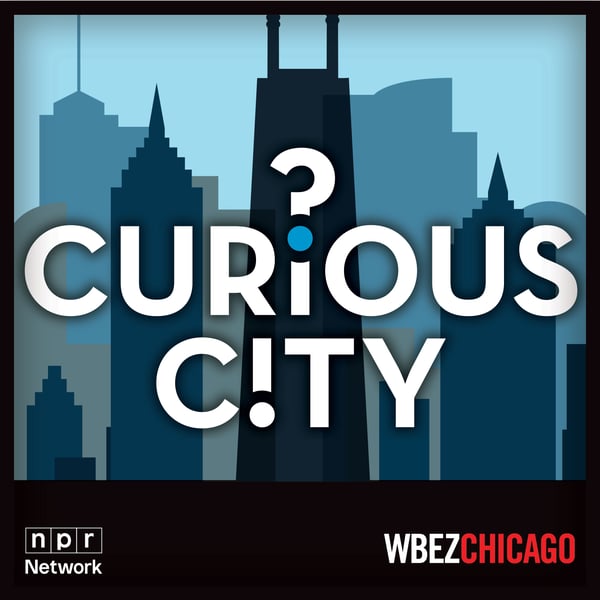What Was It Like To Dance At The Warehouse Club In Chicago?
Curious City
WBEZ Chicago
4.8 • 642 Ratings
🗓️ 13 January 2019
⏱️ 12 minutes
🧾️ Download transcript
Summary
Curious City spends a night at The Warehouse club through the memories of teens who danced there in the 1980s.
Transcript
Click on a timestamp to play from that location
| 0:00.0 | Hey, I'm Linnea Dominic, Curious City Intern. In case you missed it, October 11th was |
| 0:05.9 | National Coming Out Day. So we thought we'd return to a story from our archives that looks at |
| 0:10.8 | Chicago's house music scene in the early 80s, where a lot of people, particularly young, black, |
| 0:16.4 | gay people, experienced a safe space for self-expression. |
| 0:23.3 | Reporter Olivia Richardson has that story. |
| 0:28.1 | A quick warning that the story you're about to hear contains an anti-gay slur. |
| 0:36.9 | Curious City listener Anthony Avery is a fan of rave culture and house music. |
| 0:41.3 | He even wrote his PhD dissertation on electronic dance culture. |
| 0:48.4 | As a teenager in Buffalo, New York, who went to raves, which are dance parties in huge spaces like old warehouses, |
| 0:52.2 | he didn't realize house music originated in Chicago. |
| 0:56.0 | He knows that now, but he wants to know what was like to be a part of the house scene in the early 80s in Chicago. House music is soul, disco, funk, pop, and post-punk |
| 1:04.7 | tracks remix into long, continuous dance tracks. The two most prominent house clubs in those |
| 1:10.2 | early years were the power plant and the warehouse. |
| 1:13.6 | That's where lots of people say House gets its name, like Warehouse. |
| 1:18.6 | To answer Anthony's question, I talked to a lot of Househeads, or superfans, who went to the warehouse and the power plant in Chicago in the early 80s. You'll hear |
| 1:28.3 | them talk about DJ Frankie Knuckles, one of the founders of House, and they'll show |
| 1:32.7 | memories of dancing all night long. People would bring backpack sometimes so that they would |
| 1:38.2 | have a fresh change of clothes because it wasn't like you get a little bit of sweat, you know, |
| 1:43.2 | front of your shirt and the back of your shirt. |
| 1:44.9 | I mean, drenched. Take the t-shirt off of somebody. You could wring a cup of perspiration out of it. |
| 1:51.8 | People remember how inclusive the scene was. It originated in the gay black community. |
| 1:57.0 | They say the clubs felt like a safe space, physically and culturally. |
... |
Please login to see the full transcript.
Disclaimer: The podcast and artwork embedded on this page are from WBEZ Chicago, and are the property of its owner and not affiliated with or endorsed by Tapesearch.
Generated transcripts are the property of WBEZ Chicago and are distributed freely under the Fair Use doctrine. Transcripts generated by Tapesearch are not guaranteed to be accurate.
Copyright © Tapesearch 2025.

